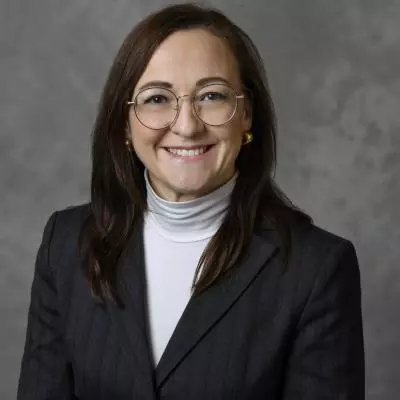- AdventHealth

Researchers at AdventHealth are working to tackle a growing problem – the prevalence of undiagnosed type 1 diabetes (T1D) in its early stages, in particular among the state’s underserved and minority communities – to increase access to care.
While type 2 diabetes is more prevalent, type 1 is on the rise. Type 1 diabetes can cause diabetic ketoacidosis, a potentially deadly condition that is present in up to 60% of children at the time of diagnosis when not caught early via screening. Type 1 diabetes is associated with various acute and chronic complications, including early death.
“We have improved technology and treatments, including a new medication that can delay T1D clinical onset, and we can predict that T1D will occur,” said Anna Casu, MD, principal investigator on the study. “But the data tell us that people from ethnic and racial minority groups or people in disadvantaged communities tend to have less access to pre-clinical screening and advanced care. We are working to change that.”

Funded by the state of Florida, the project is known as Access to Clinical Care, Education and Screening for Underserved Children and Adults with Type 1 Diabetes (ACCESS-T1D). In addition to increasing screening and treatment access, researchers plan to establish a biobank, which will help them to identify new and better biomarkers of T1D.
“We will bring screening opportunities physically closer to those who are at high risk of T1D, reducing their burden and facilitating participation, especially of underserved and disadvantaged populations, who often cannot take time off their work or family commitments to take care of themselves,” said Dr. Casu, who herself has T1D.
Researchers are seeking participants who meet at least one of the following criteria:
- One or more first- or second-degree family members (siblings, parents, cousins, aunts, uncles, grandparents) diagnosed with type 1 diabetes;
- Have other autoimmune diseases such as but not limited to celiac disease, multiple sclerosis, rheumatoid arthritis or thyroid disease;
- Those diagnosed with other forms of diabetes but are suspected to have T1D and have been misdiagnosed.
An awareness campaign will soon be launched about the study and screening opportunities. People interested in participating can call Call407-303-7193, Call877-854-8475 or visit TRI-MD.org.
Recent News
AdventHealth has named Andrew Santos president/CEO of AdventHealth North Pinellas, effective Jan. 12.
Nearly a dozen AdventHealth hospitals have been recognized as Leapfrog Top Hospitals for 2024, a distinction awarded to fewer than six percent of eligible hospitals in the United States.
David Weis has been promoted to serve as president/CEO for the region covering east Volusia, Flagler and St. Johns counties. Lorenzo Brown has been promoted to serve as president/CEO for the region...
On the newest Inspiring Wholeness podcast, Obie Diaz, local morning radio show host, shares how a routine physical eventually led to two open heart surgeries.
AdventHealth President and CEO Terry Shaw has been named one of Modern Healthcare’s 100 Most Influential People in Healthcare for 2024, marking continued recognition of Shaw as a transformative leader...
AdventHealth President/CEO Terry Shaw's retirement is planned for July 2025.
On the newest Inspiring Wholeness podcast, Obie Diaz, local morning radio show host, shares how a routine physical eventually led to two open heart surgeries.
AdventHealth has named Elise MacCarroll-Wright as president and CEO of UChicago Medicine AdventHealth Hinsdale in its Great Lakes Region, effective Jan. 6, 2025.
AdventHealth has named Dave Tkachuck president/CEO for UChicago Medicine AdventHealth La Grange, effective Jan. 6.
A UChicago Medicine AdventHealth neurologist addresses the growing gap between the number of men and women diagnosed with MS.
AdventHealth has named Ryan Quattlebaum president/CEO for AdventHealth Wesley Chapel, effective Dec. 29.










